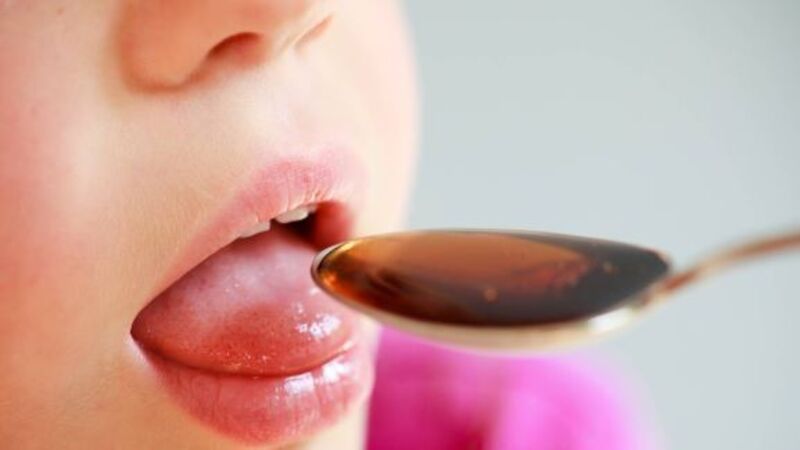Parents warned of risks when giving children medicine

An incorrect dose can be harmful to a child and combining medicines can lead to an accidental overdose.
Parents should always ask their pharmacist first before giving a child any medicine and pay particular attention to the dosage. The correct dose can vary depending on a child’s age, weight and symptoms and medicines meant for an adult should never be given to a child.













